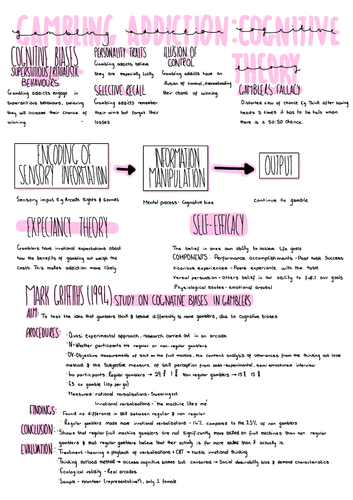Compulsive Gambling Psychology Meaning
Like any addiction, what makes compulsive gambling, also called ‘pathological gambling’, an addiction and not just a fun habit, is that compulsive gambling feels impossible to control and you will do it even if it is having negative affects on your life. Compulsive behaviors are actions that are engaged in repeatedly—even when the individual wishes they could stop—despite the fact that they trigger negative outcomes, lead to interpersonal.
The many labels used to describe gambling problems are a source of confusion for the public and frustration for researchers. Commonly used terms include “problem”, “at risk”, “compulsive”, “disordered”, and “pathological” gambling. These various terms reflect the efforts of researchers to describe the different levels of severity observed among people with gambling problems. Labels such as “problem” gambling are used to describe individuals who are experiencing some adverse consequences as a result of their gambling but do not meet the criteria for a diagnosis of pathological gambling.
“Gambling Disorder” is the term used by the American Psychiatric Association in the 5th edition of the Diagnostic and Statistical Manual of Mental Disorders (DSM) to describe the most severe form of the disorder (American Psychiatric Association, 2013). According to the DSM-5, gambling disorder is indicated by four (or more) of the following:


Compulsive Gambling Psychology Meaning Definition
- Preoccupied with gambling
- Unable to cut back or control
- Irritable or restless when attempting to cut down or stop gambling
- Risks more money to reach desired level of excitement
- Gambles to escape problems or depressed mood
- “Chases' losses
- Lies to family and others about gambling
- Risks or loses relationships or job because of gambling
- Relies on others for financial needs caused by gambling